Episodes
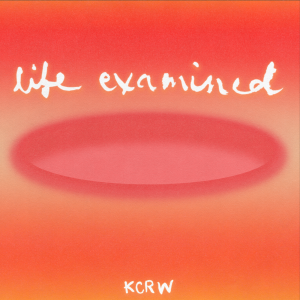
Wednesday Oct 11, 2023
Wednesday Oct 11, 2023
Welcome to the Midweek Reset from Life Examined, where host Jonathan Bastian takes a small pause for a new perspective. This week, educator and meditation specialist Sharon Salzberg shares an instruction from the Tibetan Buddhist tradition on finding a Middle Path and maintaining a healthy emotional life.
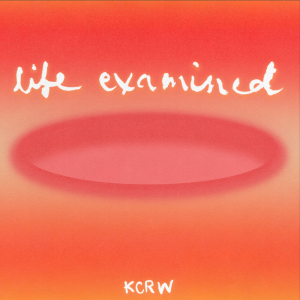
Saturday Oct 07, 2023
Saturday Oct 07, 2023
Long-distance walker, writer, and author Raynor Winn describes her 1000 mile walk from Scotland to the South West of England. With tents, backpacks, and minimal supplies, their plan was to walk the 230-mile Cape Wrath Trail — some of the toughest terrain in Britain. But after they completed that trek, they kept on walking.
Winn talks about her passion for walking, how she feels “intrinsically enmeshed with the natural world,” and why she finds walking incredible distances to be transformative. Walking, Winn explains, had been the only thing that helped Moth, whose symptoms from a Parkinson’s-like disease had become increasingly dire.
“When we walked on the coast path, it had just been about a walk,” she says. “It had been about walking because we had nowhere to be, but we discovered this change in his health and we'd sort of hung onto that over the years after, because we’ve tried to keep walking as much as possible. “
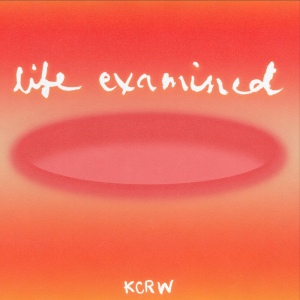
Sunday Oct 01, 2023
Sunday Oct 01, 2023
Jonathan Bastian talks with Annie Duke, corporate speaker, former poker player, and author of “Quit: The Power Of Knowing When To Walk Away” about how poker informed her decision making. Duke sees quitting a vital skill and shares some of her tools and strategies. Whether you're an athlete, partner, or employee, Duke provides a better understanding when to quit and when to show grit.
“There's no doubt that my previous life as a professional poker player, which went from 1994 to 2012, definitely informs my thinking about the importance of quitting as a skill. Because when to fold and when not to fold and being really good at that decision, is probably the single biggest thing that separates great poker players from amateurs.” Delve deeper into life, philosophy, and what makes us human by joining the Life Examined discussion group on Facebook.
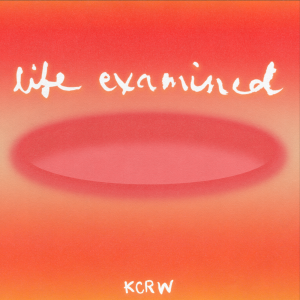
Friday Sep 22, 2023
Friday Sep 22, 2023
Jonathan Bastian talks with economist Russ Roberts, author of “Wild Problems: A Guide to the Decisions That Define Us,” about a variety of approaches to tackling some of life’s big decisions, and how those decisions play a part in who we are and will become. Later, Susannah Furr, entrepreneur and co-author of “The Upside of Uncertainty: A Guide to Finding Possibility in the Unknown,” shares her life story on starting a new business and offers tips on how to move forward and deal with fear and regret.
Delve deeper into life, philosophy, and what makes us human by joining the Life Examined discussion group on Facebook.
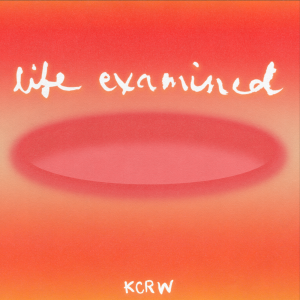
Saturday Sep 16, 2023
Saturday Sep 16, 2023
Psychologist George Bonanno, author of “The End of Trauma: How the New Science of Resilience Is Changing How We Think About PTSD,” explores the history, science, and nature of trauma. He says that contrary to popular opinion, trauma plays a significant role in building human resilience and that people are overwhelmingly resilient to adversity. Trauma or traumatic events, Bonanno says, have “become an easy and convenient excuse as to why we can’t function.”
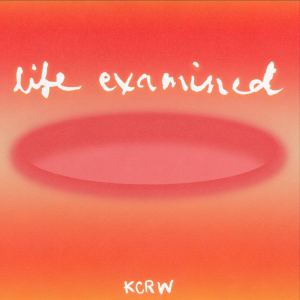
Saturday Sep 09, 2023
Saturday Sep 09, 2023
Ross Gay, poet, essayist, and author of Inciting Joy, shares how losing his father impacted not only his writing, but more or less everything else that he now does. Witnessing his own sorrow, Gay says, was both terrifying and a revelation: “If you can't be close to your sorrow, then you're gonna miss your life.
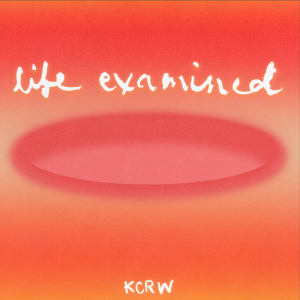
Saturday Sep 02, 2023
Saturday Sep 02, 2023
Brad Stulberg writes and teaches about mental health and well-being, and is author of several books, most recently Master Of Change: How To Excel When Everything Is Changing — Including You. Stulberg dives into the science and some of the ancient wisdom behind change. The ancient Greek philosopher Heraclitus, who wrote about the nature of reality and its relationship to change, famously said, “no man ever steps in the same river twice, for it’s not the same river and he’s not the same man.”
“There's one tragedy that none of us can avoid, which is that the things that we love are going to change,” says Stulberg. “And yet, in spite of it, we can still trudge forward with a hopeful attitude because this is the life that we have, these are the cards that were dealt, and it serves us no good to despair.”
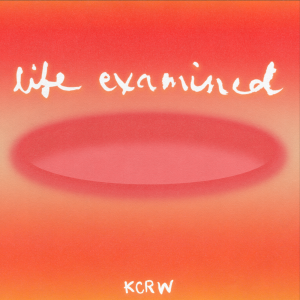
Friday Aug 25, 2023
Friday Aug 25, 2023
Writer and expert on stoic philosophy Ryan Holiday explores the history and power of self discipline. Behavioral scientist and professor at the University of Pennsylvania's Wharton School Katy Milkman explains the science behind forming habits.
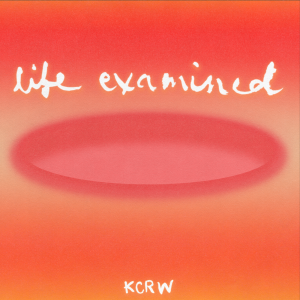
Saturday Aug 19, 2023
Saturday Aug 19, 2023
Amir Levine, associate professor of psychiatry at Columbia University and co-author of Attached: The New Science of Adult Attachment and How It Can Help You Find—and Keep—Love, explains the origins and science behind attachment theory and how human bonding is a necessary element “from the moment we are born until we die.”
As infants, humans’ bond between mother or caregiver is essential, what Levine calls “a necessary element in our thriving, just as much as food and water.” When those patterns of attachment are formed, they can also carry through into adulthood and impact subsequent bonds and attachments.
Attachment theory was pioneered by British psychiatrist and child development specialist John Bowlby, whose research included working with children displaced during The Blitz in WWII London.
“What they noticed [was] even though they were able to give them food and shelter, because there were so many, they didn't pay much attention to engaging with them,” Levine explains. “A lot of these very young infants and kids failed to grow properly and develop.”
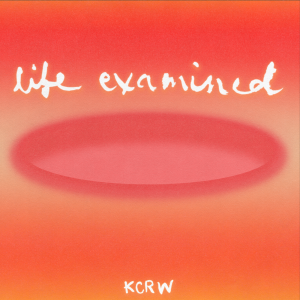
Friday Aug 11, 2023
Friday Aug 11, 2023
Lori Gottlieb, relationship therapist, podcast host, and author of Maybe You Should Talk to Someone, shares her experience both personally and professionally with couples therapy. Gottlieb says the de-stigmatization of mental health has helped normalize having a therapist, although its growing visibility on social media may have the opposite effect and creates a false idea of what therapy can and cannot do.
“Therapy is a relationship in and of itself,” says Gottlieb. “A safe space where you can slow things down, look at ways that you interact or move through the world in this relationship so you can change it in those outside relationships.”


